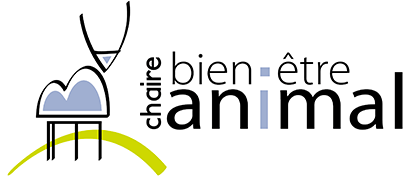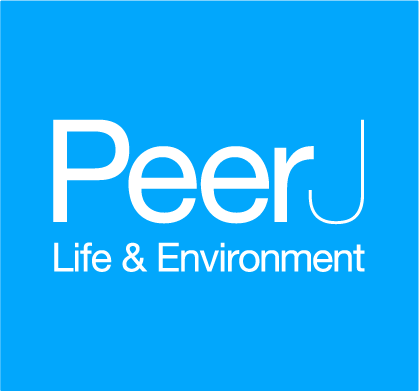Document type: Press release from Eurogroup for animals
Author: David van Gennep
Preview: Today, at the meeting of the Council of the European Union (Agriculture and Fisheries) a position paper was submitted by Cyprus and co-signed by Lithuania, Luxembourg and Malta, calling for the European Commission to explore the potential benefits of an EU wide positive list. The paper was supported by a vast majority of Member States, and demonstrates an understanding of the need to regulate the pet trade in a precautionary way across the EU.
An EU Positive List of allowed species is an instrument through which animals are objectively and scientifically assessed on their safety and suitability to be traded and kept as pets. If an animal is not found on the list, it would not be legal to keep it as a pet, as opposed to a negative list, which only includes prohibited animals.
Crucially, the Positive List represents a precautionary approach, as opposed to a reactive approach of the negative list, which lags behind trends in the (exotic) pet trade, leading to a false sense of acceptability, safety and welfare of species not on the list.
This comprehensive risk assessment can be done on the basis of various risk criteria, most notably those relating to animal welfare, biodiversity protection, public health and safety, and invasiveness risks:
- Animal Welfare: many animal species are unsuitable to be kept as pets and, as a result, they suffer greatly at all stages of keeping. During capture, transport and eventual captivity, these animals' complex behavioural and social needs cannot be met.
- Biodiversity protection: animals taken from the wild can lead to population decline and endangerment of species. Keeping potentially invasive animals as pets, which can be released through escape or intentional release, poses an enormous threat to native wildlife.
- Public health and safety: the threat of zoonotic disease transfer is well recognised due to the COVID Pandemic. Diseases that are harmful to humans can be passed from wild animals kept as pets, with the additional danger of stressed animals attacking or hurting their owners.
Currently, eight EU Member States (Belgium, Luxembourg, the Netherlands, Malta, Lithuania, Cyprus, France, Slovenia) have introduced positive lists legislation for distinct groups of animals, and eight more are discussing such measures.
The European Parliament (EP) expressed its support for the Commission to establish a Positive List, sometimes referred to as a White List, in the European Parliament Report on the EU Biodiversity Strategy.




